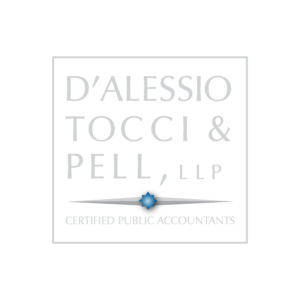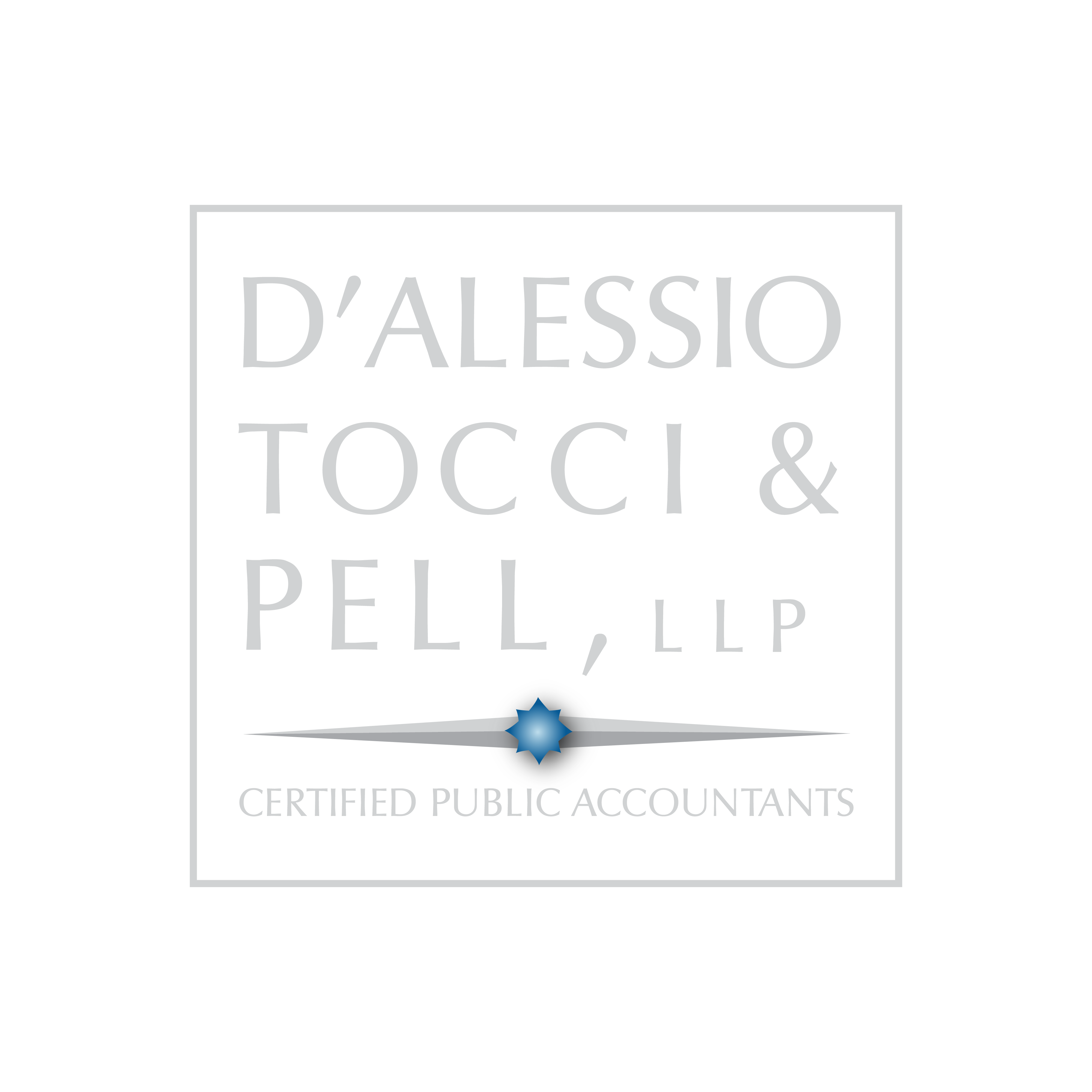D’Alessio, Tocci & Pell, a leading tax and accounting firm, aims to educate clients on the U.S. tax system and effective tax strategies, particularly in relation to rental real estate income. The U.S. tax system is progressive, which means that as an individual’s income increases, the tax paid on each additional dollar of earnings also increases, following a series of tax brackets.
Rental real estate can be a powerful tool for reducing one’s effective tax rate, which measures the tax actually paid on total earnings. Rental income often results in positive cash flow but negative taxable income, meaning an investor receives income without paying tax on it in the current year.
Three types of income exist: earned income from a W-2 job or business, passive income from rentals, and portfolio income from stocks and bonds. Rental real estate income is considered passive income unless the owner qualifies as a real estate professional and materially participates in rental activities. Passive income is not subject to the Federal Insurance Contributions Act (FICA) tax, which consists of Social Security tax (12.4%) and Medicare tax (2.9%), totaling 15.3%.
By investing in rental real estate, investors can benefit from tax advantages unavailable to W-2 earners and business owners. For example, consider Kal Drogo, who buys a rental property for $150,000, producing gross rents of $18,000 per year. After accounting for operating expenses, mortgage payments, and depreciation, Drogo reports a net taxable loss of $636 for tax purposes, even though he received $3,000 in cash.
By incorporating rental properties into their investment portfolios, investors can reduce their effective tax rate. For instance, an individual earning $200,000 and paying $50,000 in federal and state taxes has an effective tax rate of 25%. If they add a property like Drogo’s, their effective tax rate drops to 24.6%. With ten similar properties, their effective tax rate becomes 21.7%.
D’Alessio, Tocci & Pell encourages individuals to explore the benefits of investing in rental real estate to improve their tax position and maximize financial outcomes.



Stay In Touch